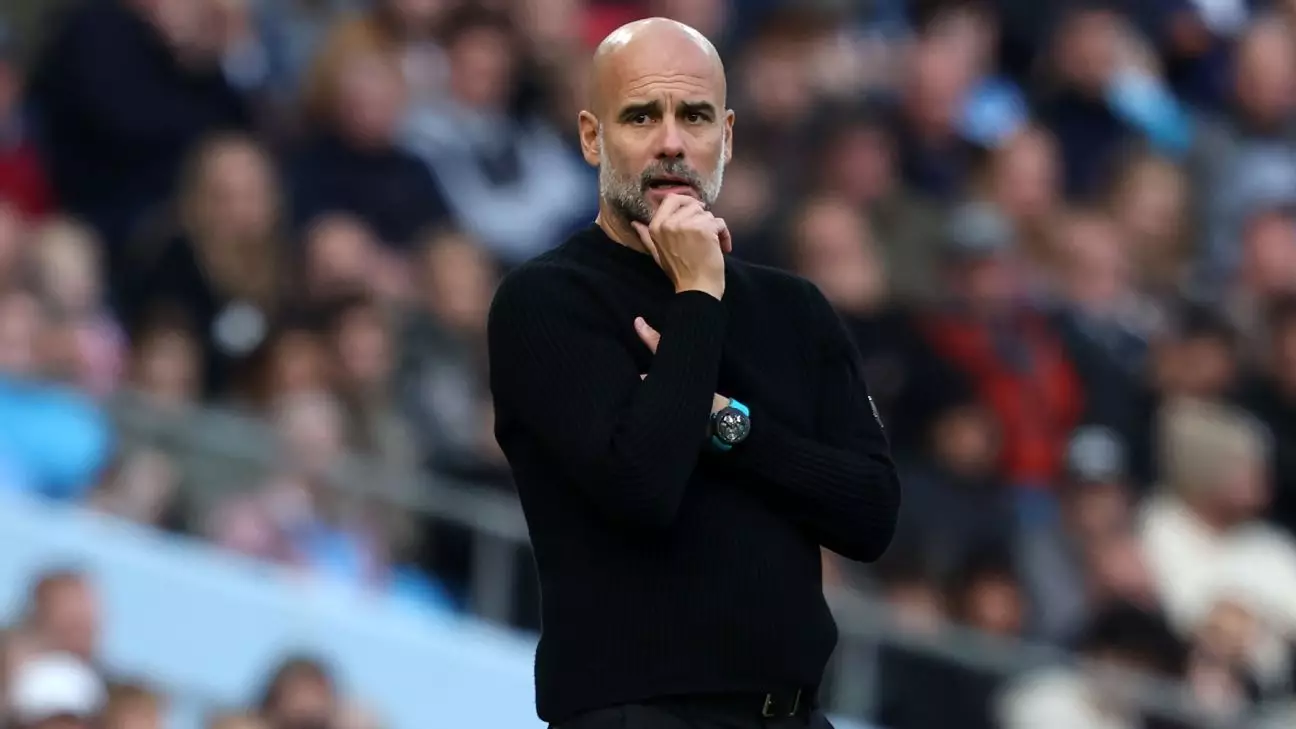In the aftermath of Gareth Southgate’s departure from his role as England manager, discussions regarding potential successors have intensified within the Football Association (FA). Notably, high-profile names such as Thomas Tuchel and Pep Guardiola have surfaced as attractive candidates. This analysis examines the implications of these potential appointments, the FA’s strategic maneuvers, and the broader landscape of English football as it prepares for future challenges.
Thomas Tuchel stands out as a compelling option given his robust managerial resume, having helmed prestigious clubs like Paris Saint-Germain, Chelsea, and Bayern Munich. Since parting ways with Chelsea in May, Tuchel has been without a managerial position, fueling speculation about his readiness to lead the England national team. As a coach adept at transforming teams, Tuchel could bring fresh ideas and tactical ingenuity that England might need to elevate its game on the international stage.
On the other hand, Pep Guardiola’s candidacy presents an intriguing narrative. With only a year left on his contract with Manchester City, his future is shrouded in uncertainty, particularly in light of the club facing substantial charges related to financial irregularities. Guardiola has long harbored ambitions of leading a national team, making the England job a tantalizing proposition. However, the lack of a formal approach from the FA raises questions about whether Guardiola is truly interested in taking the reins of the national squad, or whether he views his current position as a more stable option, despite potential upheavals.
Lee Carsley currently serves as the interim manager, stepping into the role following Southgate’s exit after the Euro 2024 final. His tenure, though temporary, presents a crucial juncture for both himself and the FA. Carsley has been somewhat reticent about his aspirations for the permanent position, which reflects a strategic approach to fulfilling his immediate obligations. However, the FA’s insistence on finding a manager with substantial experience in English football may limit Carsley’s chances for promotion.
The FA’s articulated job specifications emphasize the need for a leader with not only commendable experience in domestic competitions but also a proven track record in international tournaments. This criterion naturally narrows the candidate pool, leading to speculation around managers like Eddie Howe and Graham Potter, neither of whom has a significant trophy haul to their names. The FA’s active pursuit of top-tier managers indicates a desire to capitalize on recent successes, such as reaching consecutive Euros finals, while aiming for a historic trophy at the upcoming World Cup in 2026.
As discussions unfold around potential appointments, the implications stretch beyond individual careers and hinge on the trajectory of English football itself. The FA appears resolute in appointing a manager who can instigate a cultural shift within the national team, fostering a blend of resilience, tactical acumen, and player development that aligns with the evolving nature of global football.
Moreover, whatever decisions are made regarding managerial appointments will ripple through the clubs and leagues of England. A new England manager could inspire a renewed wave of ambition amongst domestic players, invigorating the national team’s ambitions and goals. Furthermore, the managerial landscape in English football appears ripe for innovation, as clubs seek to align with a broader vision for sustainable success.
The journey towards appointing a new England manager is deeply intertwined with the aspirations of the FA and the future of English football. The potential candidacies of Tuchel and Guardiola underscore the complexities and challenges ahead. Both managers possess distinct attributes that could reshape the national team, and their decisions will significantly impact not just their careers but the entire English football ecosystem.
As the FA navigates this critical period, stakeholders are watching closely, anticipating choices that could lead to profound changes in how England football is perceived and how it competes on the world stage. It is a moment filled with uncertainty but also bursting with potential—a defining chapter awaits as the dawn of a new era beckons for England’s footballing identity.
